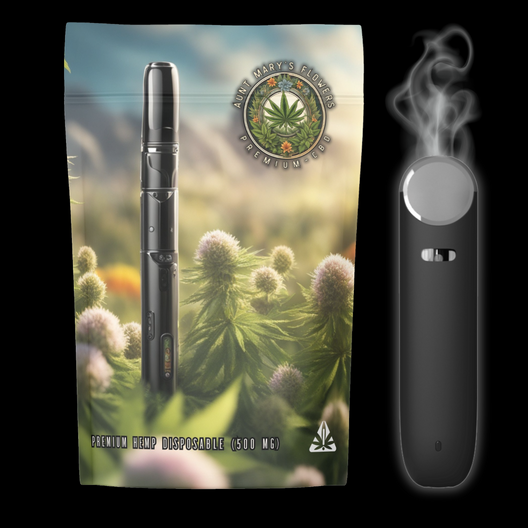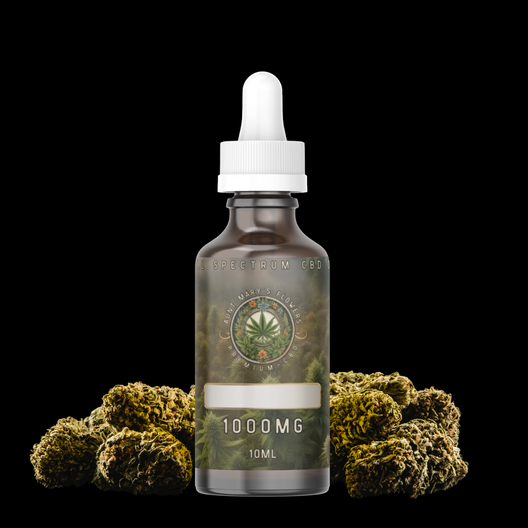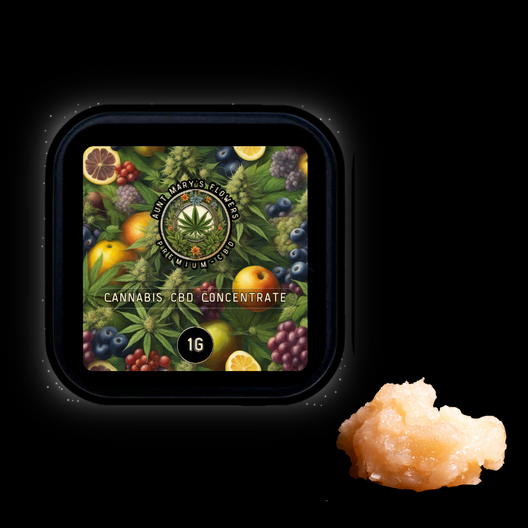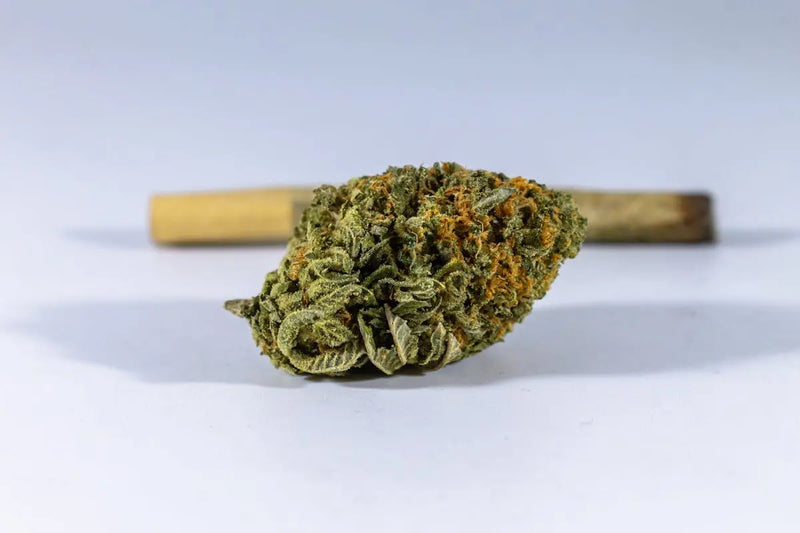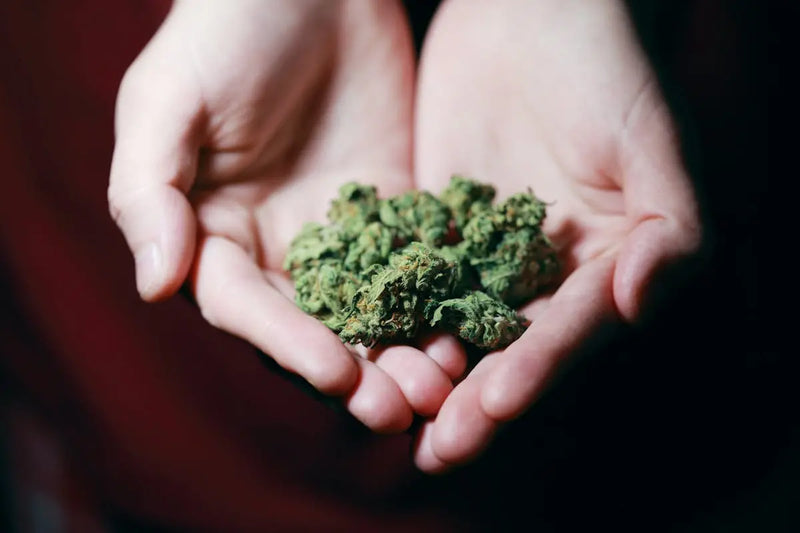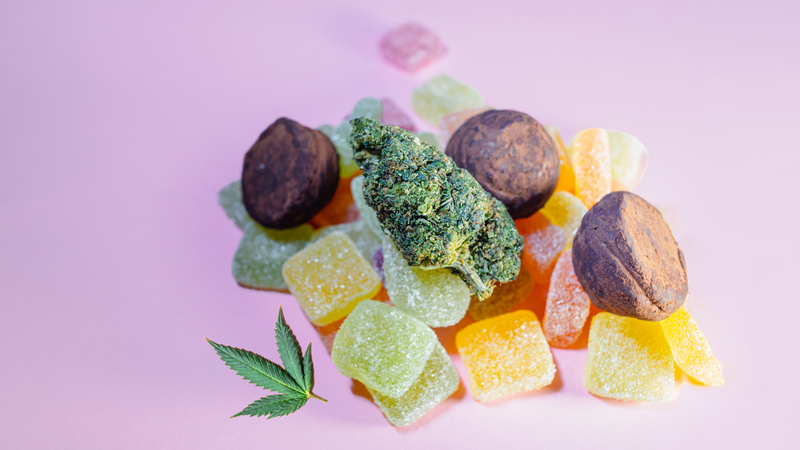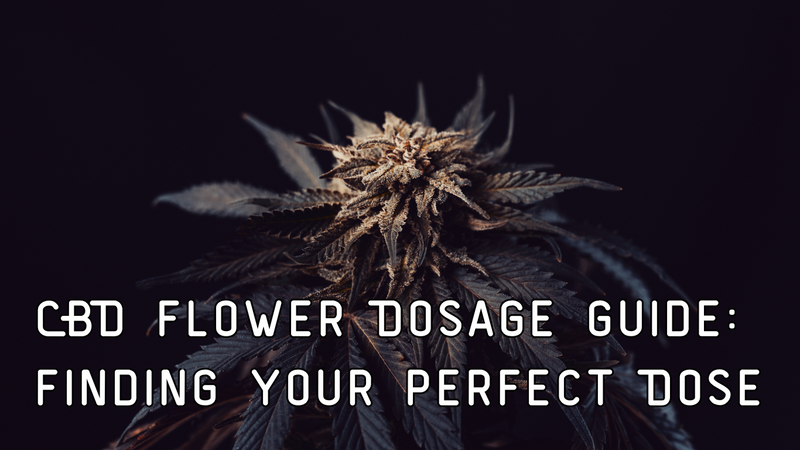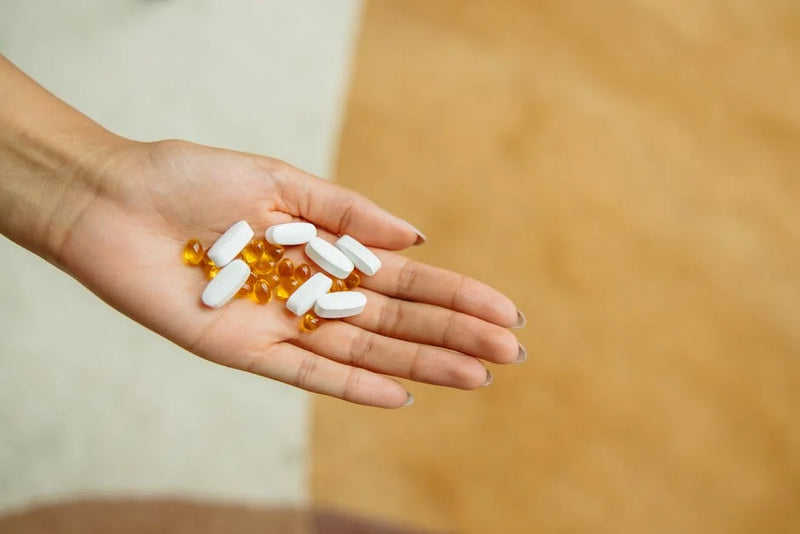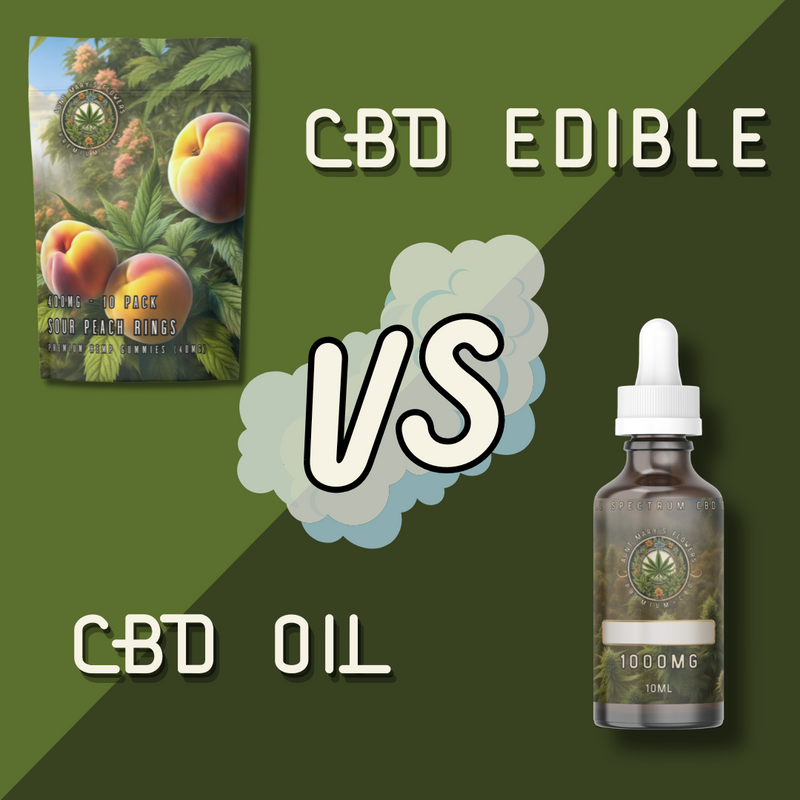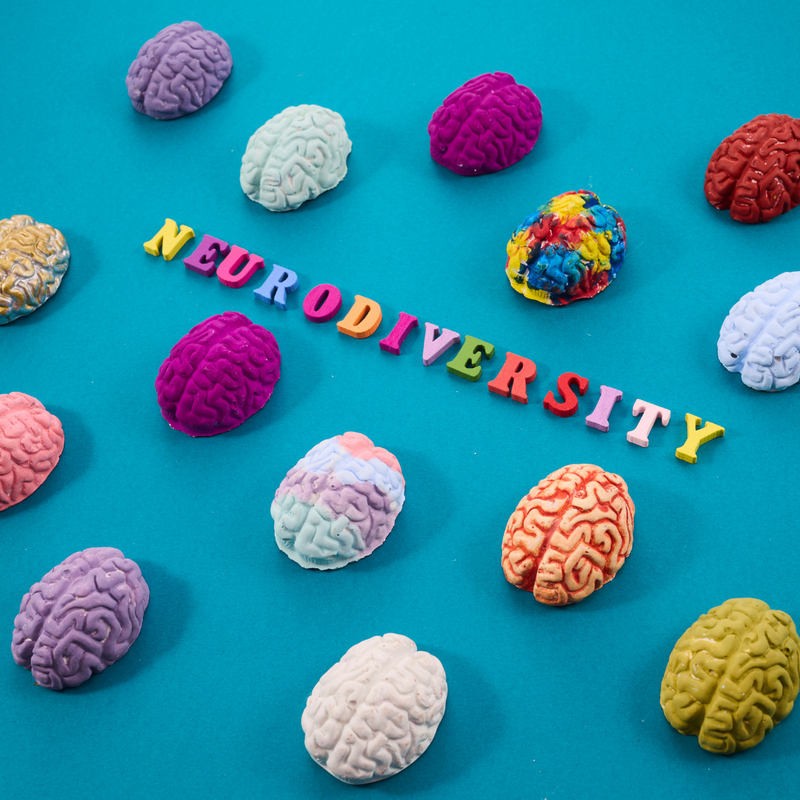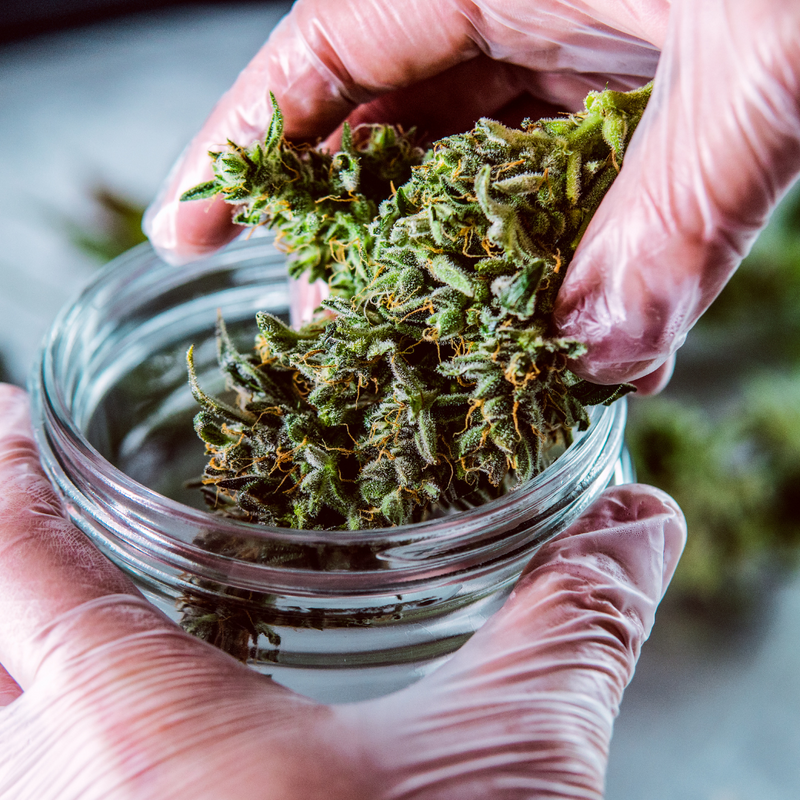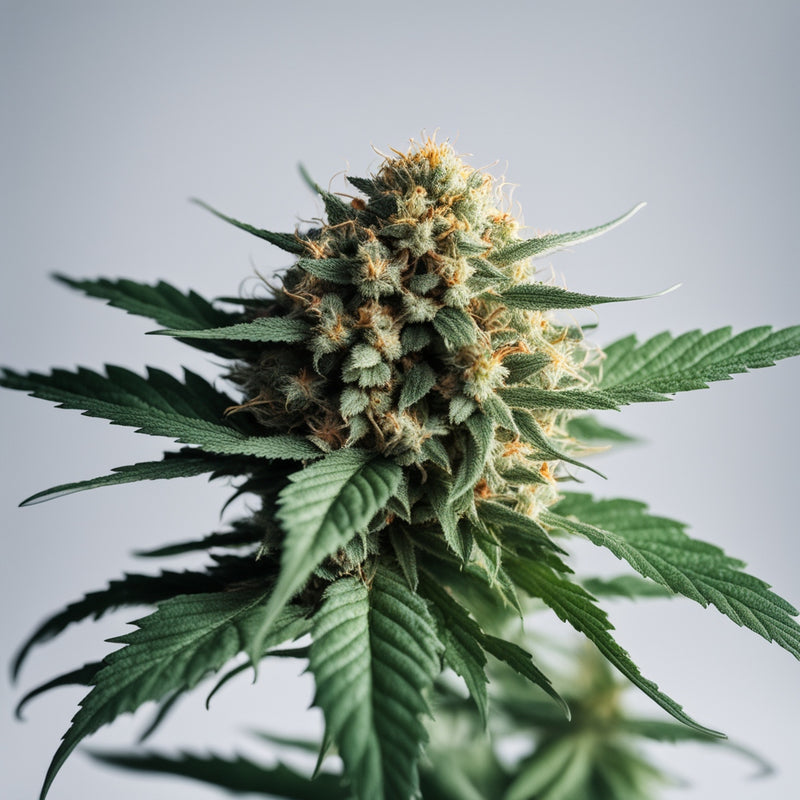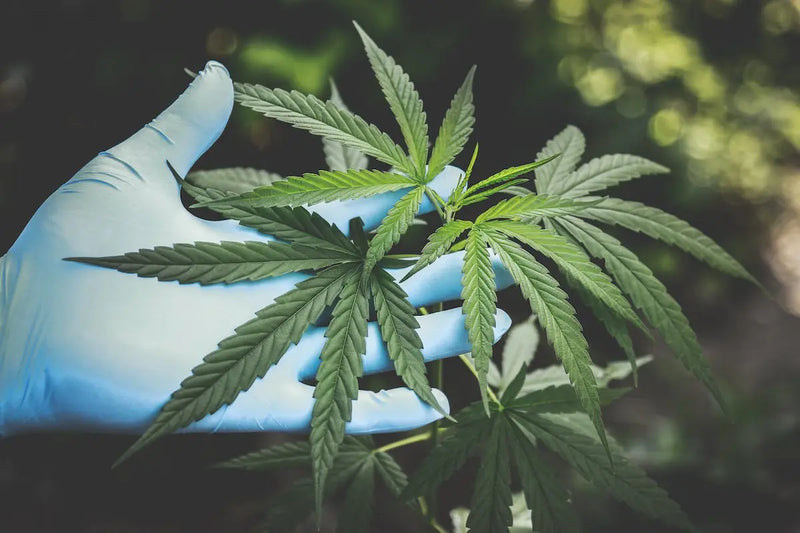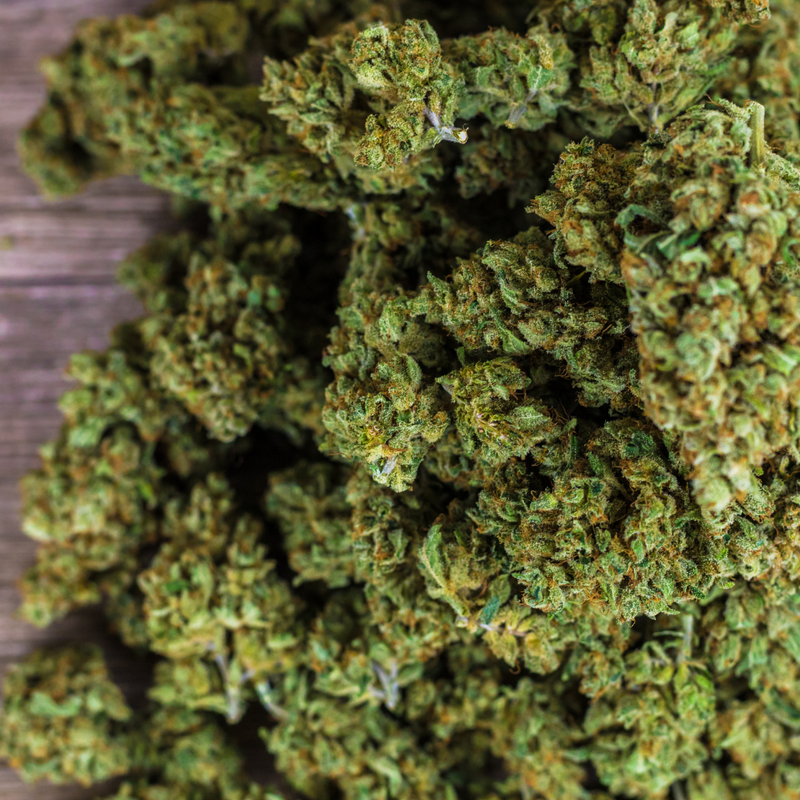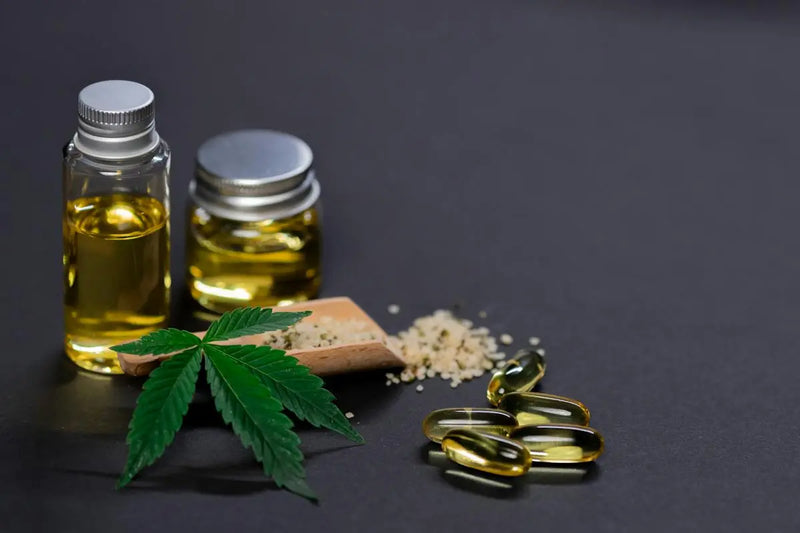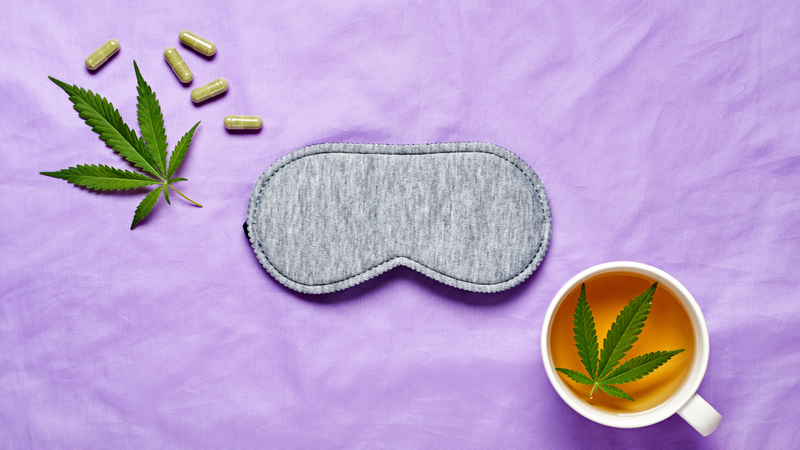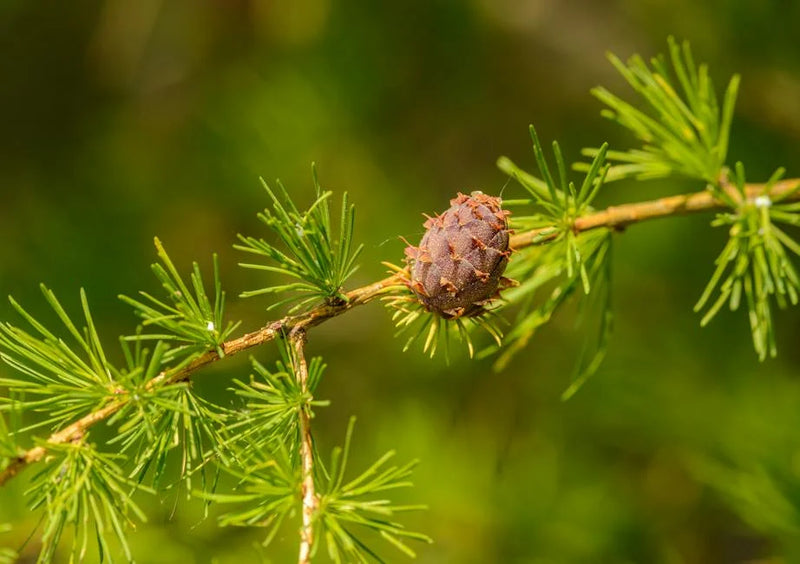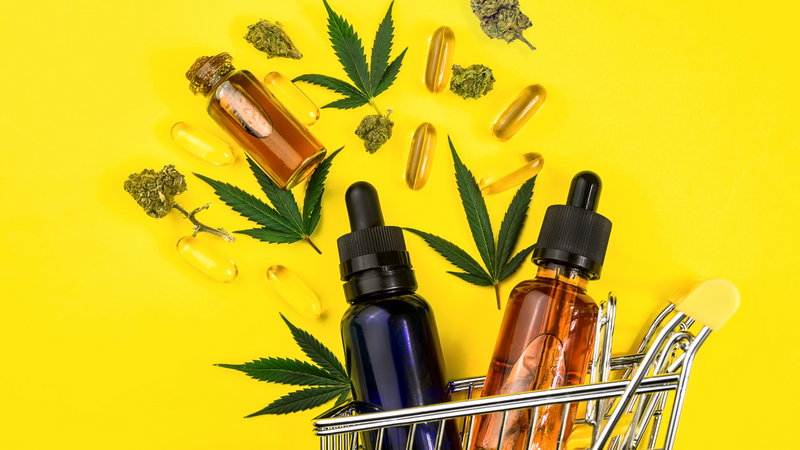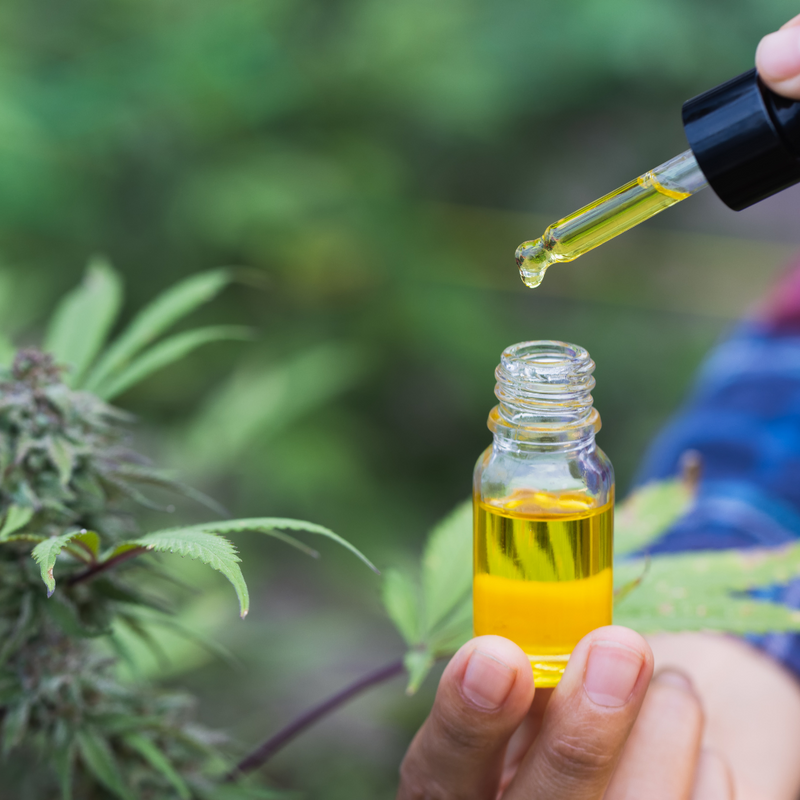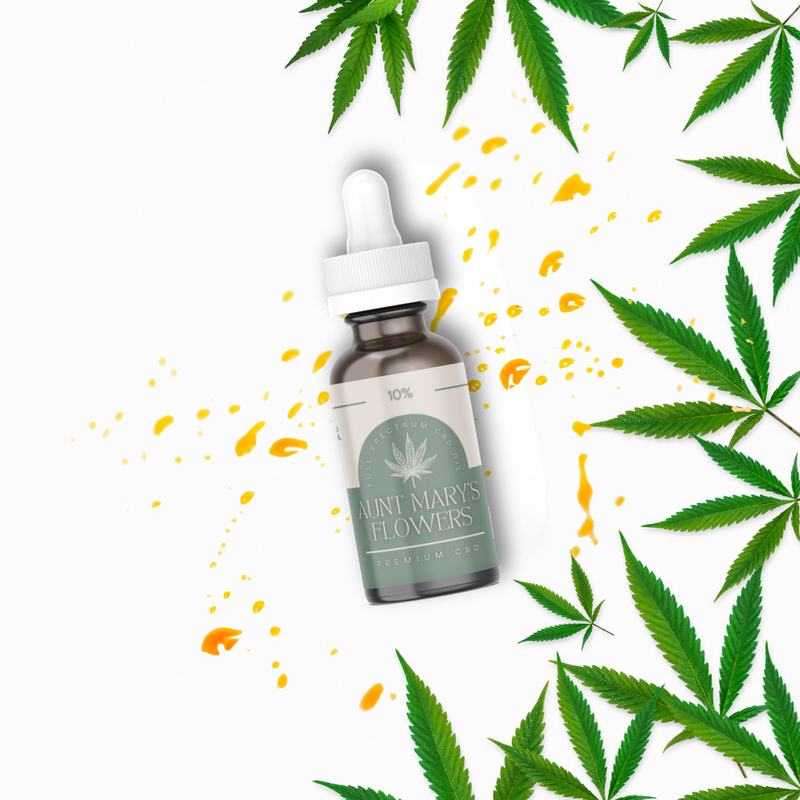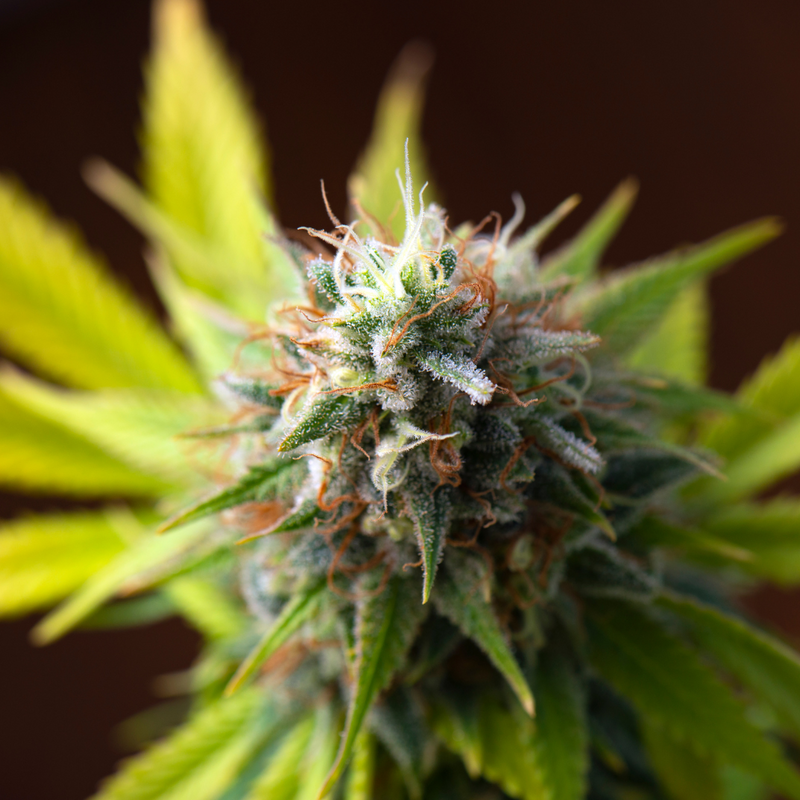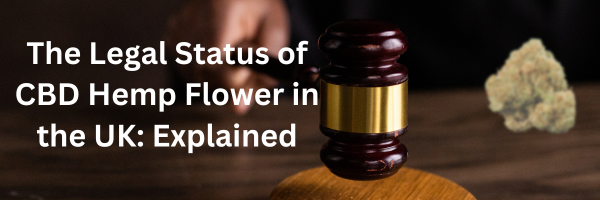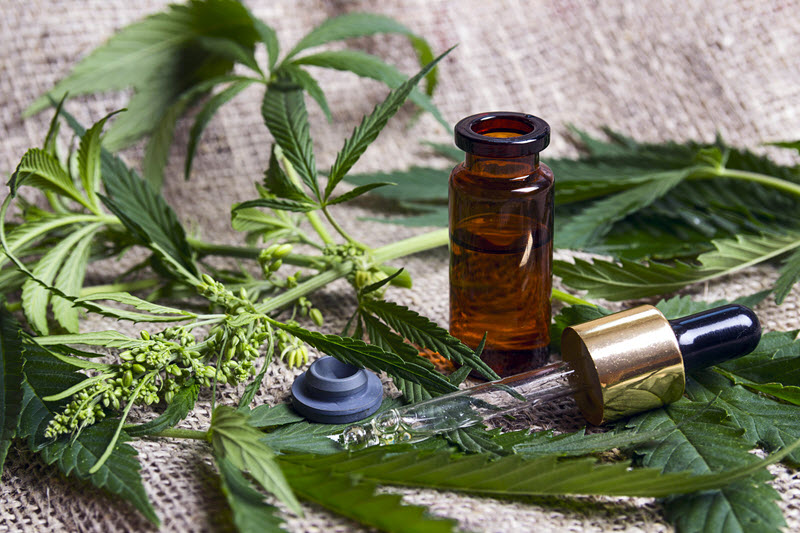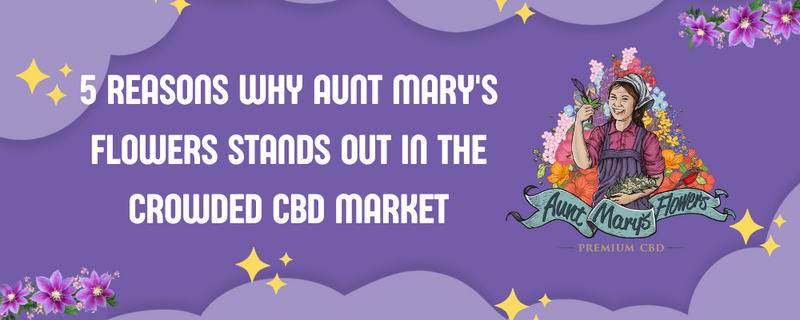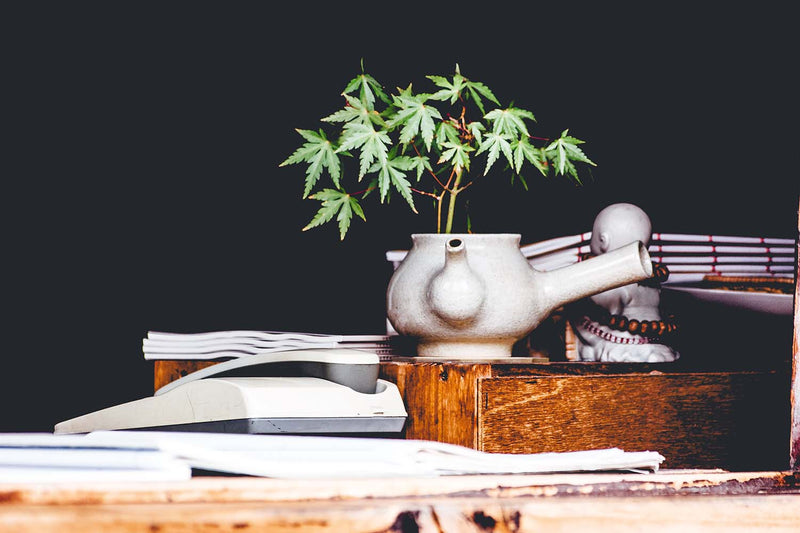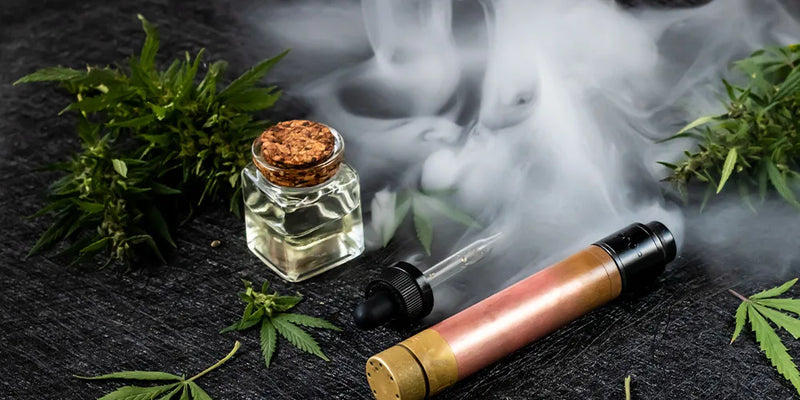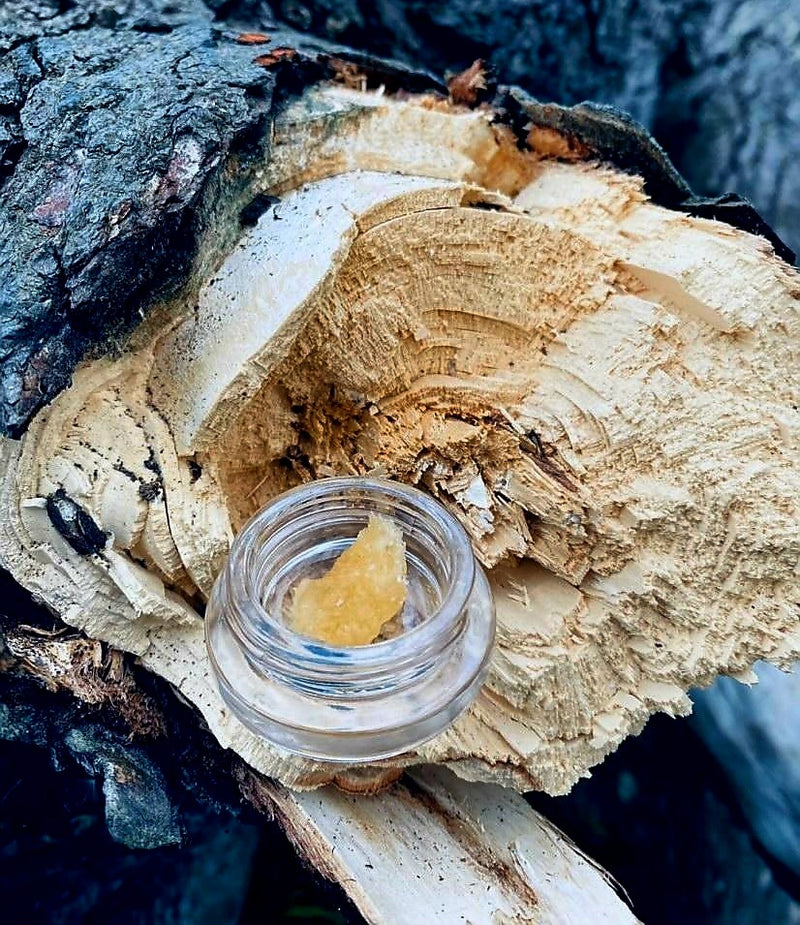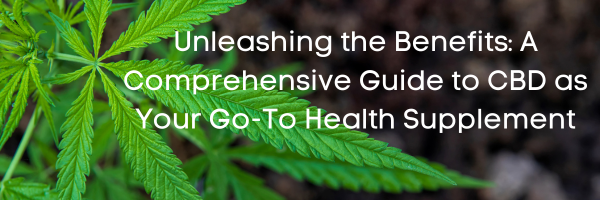Introduction to CBD and anxiety
CBD, short for cannabidiol, is a compound found in the cannabis plant. It is not psychoactive, meaning it does not produce a "high" feeling like THC, another compound in cannabis. Many people turn to CBD for its potential to help with anxiety. Research suggests that CBD may interact with the brain's receptors for serotonin, a neurotransmitter that regulates mood and social behaviour. Studies have shown promising results in reducing anxiety symptoms in both humans and animals.
What is CBD and how does it work?
CBD, short for cannabidiol, is a natural compound found in the cannabis plant. It is not psychoactive, meaning it doesn't make you feel high like THC, another compound in cannabis. CBD interacts with your body's endocannabinoid system, which helps regulate various functions like sleep, mood, and appetite. Research suggests that CBD can help alleviate anxiety by influencing how your brain's receptors respond to serotonin, a chemical linked to mental health.
Understanding anxiety and its impact
Anxiety is a common feeling of worry or fear that affects many people. It can manifest in various ways, such as feelings of uneasiness, nervousness, or even panic. Anxiety can impact both your mental and physical health, leading to symptoms like rapid heartbeat, sweating, and difficulty concentrating. It's important to understand that anxiety is a natural response to stress, but it can become overwhelming and disruptive if not properly managed. CBD, a compound found in the cannabis plant, is gaining popularity for its potential to help alleviate symptoms of anxiety.
Research on CBD and anxiety
Studies on CBD and anxiety have shown promising results. A 2015 review of available research found that CBD may help reduce anxiety in individuals with conditions such as generalised anxiety disorder, social anxiety disorder, and post-traumatic stress disorder. Another study, published in 2019, indicated that CBD could reduce anxiety levels related to public speaking. While more research is needed to fully understand the effects of CBD on anxiety, current findings suggest that CBD has the potential to be a helpful tool in managing anxiety.
Benefits and potential of CBD for anxiety
Research suggests that CBD may have the potential to help manage anxiety. According to a study published in the journal Neurotherapeutics, CBD shows promise in reducing anxiety in both humans and animals. Some potential benefits of using CBD for anxiety include:
- Promoting relaxation: CBD may help in promoting a sense of calm and relaxation.
- Reducing stress: CBD could potentially reduce stress and improve overall well-being.
- Managing symptoms: CBD may help manage symptoms of anxiety disorders, such as panic attacks or social anxiety.
It's essential to note that while CBD shows promise in anxiety management, individual results may vary, and it's important to consult with a healthcare professional before incorporating CBD into your anxiety management routine.
Different forms of CBD for anxiety relief
CBD comes in various forms, such as oils, capsules, edibles, and vapes, that can potentially help with anxiety relief. When it comes to anxiety, CBD oil is a popular choice as it is easy to use and absorbs quickly into the body. CBD capsules offer a convenient and precise way to consume CBD, while CBD edibles provide a tastier option for those who don't like the natural taste of CBD oil. CBD vapes are another quick-acting option, but they may not be suitable for everyone due to concerns about lung health. Each form of CBD has its benefits, so it's essential to choose the one that aligns best with your preferences and needs.
Effects and side effects of using CBD for anxiety
CBD may help with anxiety by interacting with your body's endocannabinoid system. Research suggests that it can reduce anxiety symptoms like racing thoughts and physical tension. However, it's important to note that CBD can have side effects, such as fatigue, changes in appetite, and diarrhoea. It's crucial to consult with a healthcare professional before using CBD for anxiety to ensure it's safe and suitable for you.
How to use CBD for managing anxiety
Studies suggest that CBD may help with anxiety by interacting with the body's endocannabinoid system. This system regulates functions like mood, sleep, and stress. To manage anxiety with CBD, start with a low dose and gradually increase until you find what works for you. Some common methods of using CBD for anxiety include tinctures, capsules, edibles, or vaping. It's essential to consult with a healthcare professional before incorporating CBD into your anxiety management routine.
Lifestyle changes to complement CBD for anxiety
If you are looking to enhance the benefits of CBD for anxiety, incorporating some lifestyle changes can be very beneficial. Here are some simple tips to complement your CBD regimen:
- Exercise Regularly: Engaging in physical activity can help reduce anxiety levels and improve overall well-being.
- Practice Mindfulness: Incorporate practices like meditation or deep breathing exercises to help manage stress and promote a sense of calm.
- Maintain a Healthy Diet: Eating a balanced diet rich in fruits, vegetables, and whole grains can support your mental health.
- Get Sufficient Sleep: Prioritise a good night's sleep as it plays a crucial role in managing anxiety levels.
- Limit Caffeine and Alcohol: Excessive consumption of caffeine and alcohol can exacerbate anxiety symptoms, so it's best to limit their intake.
By making these lifestyle changes along with using CBD, you can create a holistic approach to managing anxiety effectively.
Conclusion: The future of CBD in anxiety treatment
In conclusion, research on CBD for anxiety looks promising but is still in its early stages. Initial studies suggest that CBD may have potential as a treatment for anxiety disorders, but more robust clinical trials are needed to confirm its effectiveness and safety. Regulatory bodies are still working on establishing clear guidelines for the use of CBD in anxiety treatment. As more research is conducted and regulations are developed, the future of CBD in anxiety treatment could hold significant promise for those seeking alternative remedies.


